【Master Forum】π-HuB: the proteomic navigator of the human body
Topic: π-HuB: the proteomic navigator of the human body
Speaker: Prof. Fuchu He
Host: Prof. Ben Zhong Tang
Date: Tuesday, September 16, 2025
Time: 10:30 a.m. - 11:45 a.m.
Venue: SIN Wai Kin International Conference Centre (W201), Administration Building
Language: Chinese
Abstract:
In the post-Human Genome Project era, the research of human proteome has been one of the most exciting and challenging frontiers of life sciences and medicine. Here we introduce an international big-science project called the π-HuB (The Proteomic Navigator of the Human Body). The π-HuB project will be a 30-year mission with an investment of multi-billion, built upon four key pillars, including human samples, technology innovations, big-science infrastructures and open-access resources. We expect that these efforts will give the whole π-HuB project a significant boost, ushering in an era of proteomics-driven precision medicine. Projecting forward, the π-HuB project will further involve global collaboration and discussion integrating the output from a worldwide community of multi-disciplinary scientists. Taken together, we anticipate that the π-HuB project might greatly contribute to biomedical research over the next several decades.
Speaker Profile:
He Fuchu is an Academician of the Chinese Academy of Sciences (CAS), a Fellow of The World Academy of Sciences (TWAS), and currently the Chairman of the National Center for Protein Sciences, Beijing. His research focuses on proteomics, precision medicine, and systems biology.
Professor He's notable achievements include discovering novel human genes, elucidating key principles of molecular evolution, and identifying disease-susceptibility genes within the Chinese population. A global pioneer, he first proposed the scientific goals and technical roadmap for the Human Proteome Project before initiating and leading the Human Liver Proteome Project (HLPP), the first international project to comprehensively map an organ's proteome. He also spearheaded the Chinese Human Proteome Project (CNHPP), which pioneered the molecular classification of ten common cancers based solely on proteomics. Through this work, his team discovered that cholesterol metabolism reprogramming is a critical mechanism in liver cancer progression. He is also credited with establishing the new paradigm of "Proteomics-Driven Precision Medicine."
His numerous honors include the Distinguished Contribution and Distinguished Achievement Awards from the Human Proteome Organization (HUPO), a First Prize and three Second Prizes of the State Scientific and Technological Progress Award, two Second Prizes of the State Natural Science Award, and awards from the Ho Leung Ho Lee and Qiu Shi science & technology foundations.





